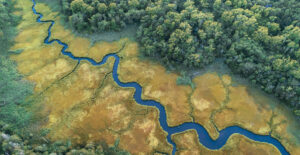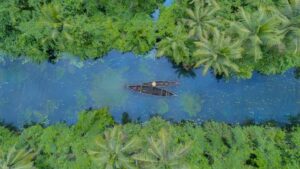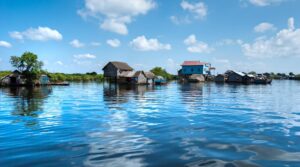PERSPECTIVES
Of all development projects altering natural aquatic systems that are critical to indigenous peoples, mining and the construction of hydropower infrastructure are the most conflict-ridden. Over the past decades, very few of water-related conflicts involving indigenous communities have transitioned to a full cooperative agreement between the parties. The number and intensity of these conflicts are substantial, and have even increased over the last two decades.
These are a few of the conclusions of a global mapping study of water-related conflicts reported around the world between 1960 and 2014, conducted by the Water Governance Facility. The study shows that impacts of energy- and mining-related projects on water resources are an important threat to the fulfilment of the basic rights and wellbeing of many indigenous communities, which translate all too often into violent episodes with loss of human lives. Water conflicts involving indigenous peoples have also severe economic impacts, since one third of disputed operations had to be cancelled or renegotiated.



